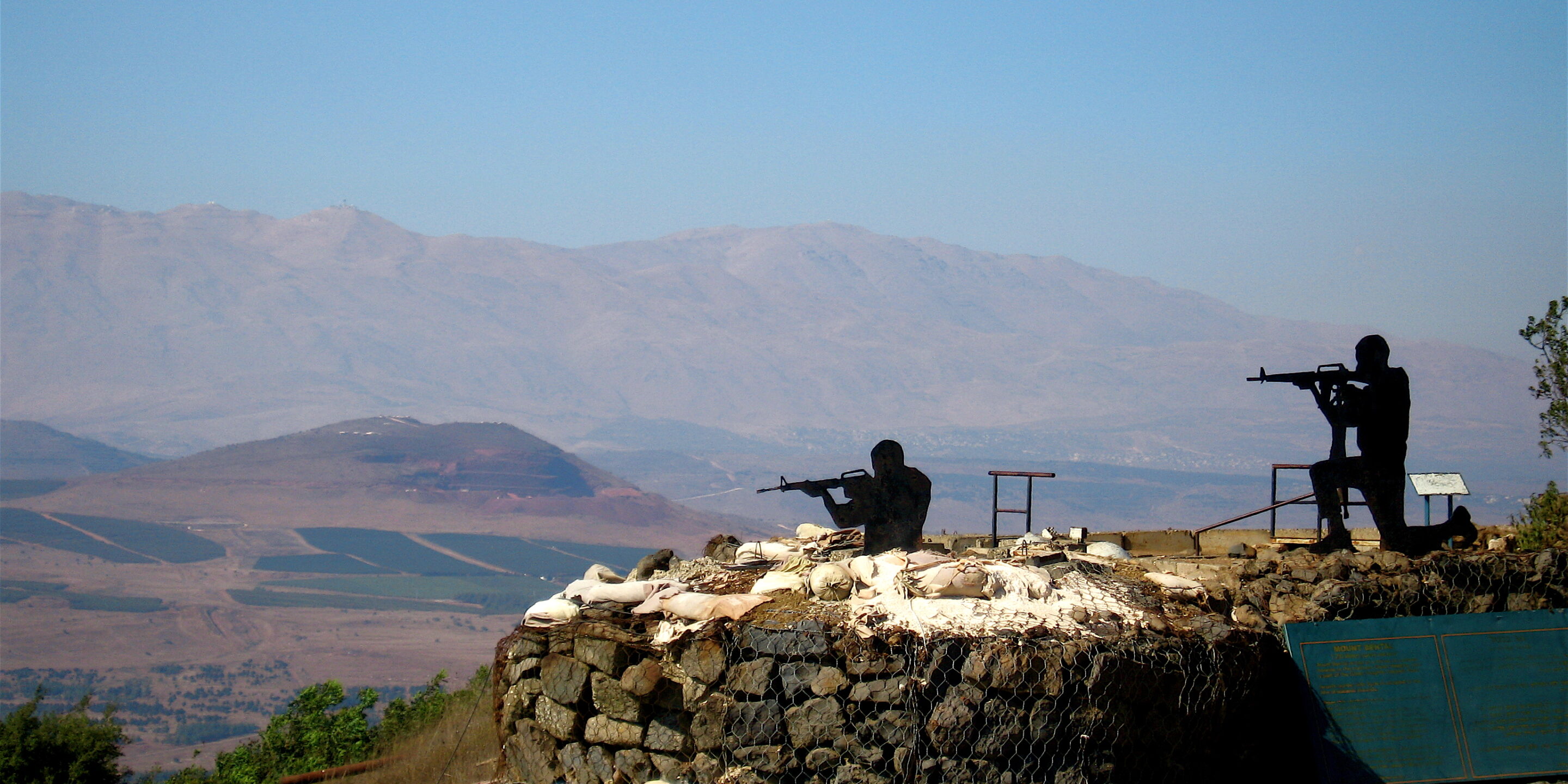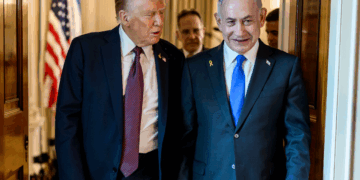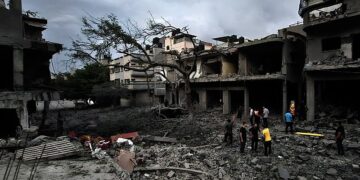October 15, 2024
In Lebanon, the U.S. is making it up as it goes along

From the moment Hezbollah fighters started launching rockets and missiles into northern Israel a year ago, the Biden administration’s messaging has been consistent: the United States wants de-escalation along the Israeli-Lebanese border. The best way to accomplish this objective, U.S. officials said, was through a diplomatic agreement that provides the hundreds of thousands of people displaced on both sides of the border with the confidence to return to their homes.
Yet after Israeli Prime Minister Benjamin Netanyahu escalated the conflict with Hezbollah last month, you don’t hear much in Washington about the necessity of a cease-fire anymore. Yes, Secretary of State Antony Blinken and Defense Secretary Lloyd Austin stress the urgency of avoiding excessive civilian casualties. But outside of generic talking points, U.S. policy has largely been suspended in time. The Israelis have a game plan in Lebanon, intend to execute it, and are perfectly fine with downplaying or outright ignoring whatever reservations the U.S. may have. In the meantime, the U.S., the world’s foremost superpower, looks increasingly feckless, unable or unwilling to constrain a junior partner now fighting two wars simultaneously.
Indeed, it’s amazing how quickly U.S. policy in Lebanon has changed over the span of a few weeks. There was a time not so long ago when President Joe Biden dispatched Amos Hochstein, one of his troubleshooters, to work with Israeli and Lebanese officials on averting a large-scale war that none of the parties seemed to want. Using Lebanese government officials as intermediators to Hezbollah, the U.S. pitched several proposals to the group in the hope common ground could be reached. The goal was clear, but the time pressure was enormous; with every day that Israel and Hezbollah traded fire, the patience in Jerusalem for an agreement waned. Netanyahu, who was already receiving pressure from the families of the remaining hostages in Gaza, also became a target of the roughly 60,000 Israelis in the north who hadn’t set foot in their houses for months. Even Israeli politicians considered more moderate, like opposition leader Benny Gantz, were calling on Netanyahu to be more aggressive on the Lebanon front. The extremists in Netanyahu’s cabinet, who view any diplomatic agreement with Hezbollah as Neville Chamberlain-style appeasement, were clamoring for war months earlier.
More on Middle East

Featuring Daniel DePetris
October 8, 2025
Events on Israel-Hamas








